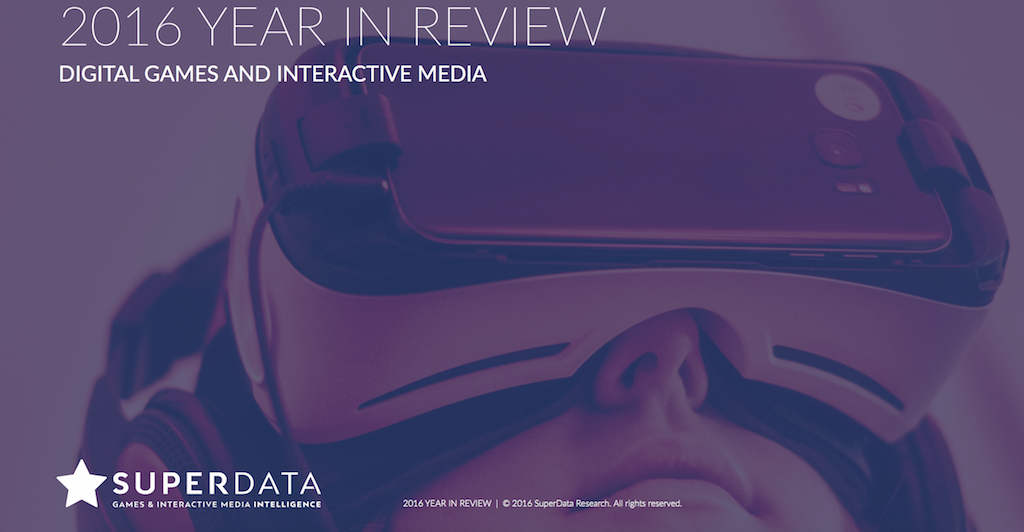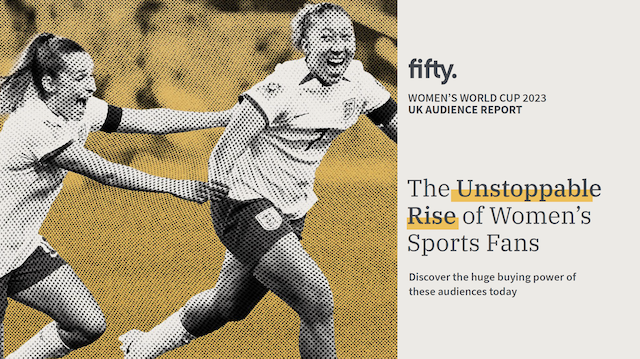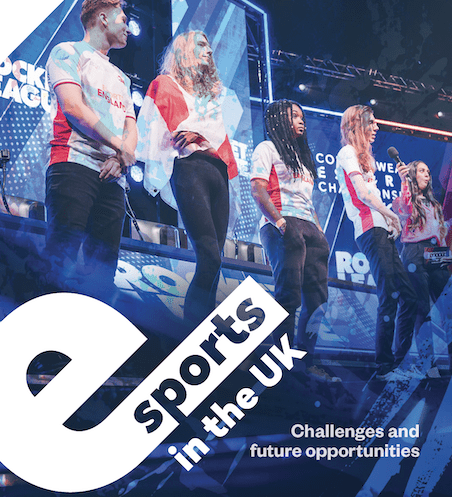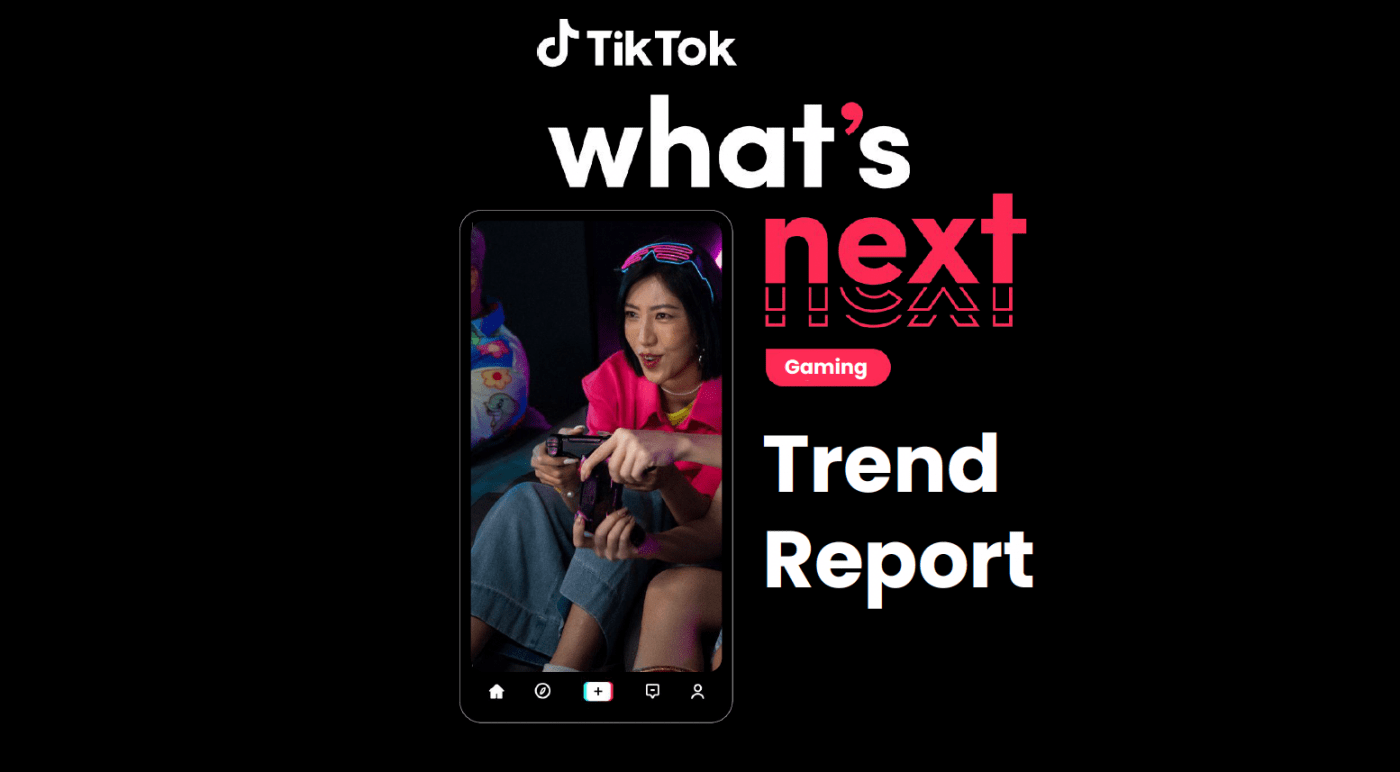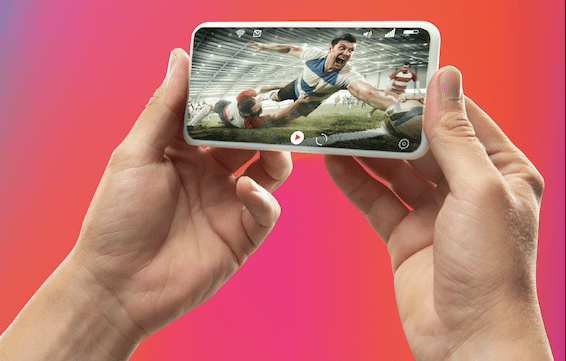Interactive entertainment generated $91 billion in revenues in 2016. Highlights of SuperData‘s Digital Games and Interactive Media 2016 Report include:
- Consumers spent $41 billion on mobile gaming in 2016, driven by blockbuster hits like Pokémon GO and Clash Royale. The mobile games market has started to mature and now more closely resembles traditional games publishing, requiring ever higher production values and marketing spend.
- The first year for virtual reality was sobering, especially for manufacturers of dedicated hardware. A high price point, the absence of a strong content line-up, and difficulties with properly delivering through retail cooled consumers’ expectations of the Oculus. Expectations are that firms with more experience in hardware manufacturing, like Sony and HTC, will take the lead in 2017.
- Despite its relatively small size ($892 million), esports has become the focal point for publishers, TV executives, and advertisers. A string of investments in pursuit of connecting to a new generation of media consumers has built the segment’s momentum, as major publishers like Activision, Riot Games and Electronic Arts explore new revenue streams.
- Consumers increasingly download games directly to their consoles, spending $6.6 billion in 2016. The move improves margins across the board, and allows publishers to generate revenue through the sales of add-on content, expansion packs and micro-transactions.
- As PC gaming continues to do well, earning $34 billion and driven largely by free-to-play online titles and downloadable games. Incumbents like League of Legends together with newcomers like Overwatch drive enthusiasm. PC gamers also saw a big improvement with the release of a new generation of graphics cards, offering a 40% increase in graphics power and a 20% reduction of power consumption.
Specific esports takeouts include:
- MOBAs help mobile games penetrate esports and live streams. Vainglory is the first mobile MOBA to make a splash with its esports coverage on Twitch. The game’s developer Super Evil Megacorp, also inked a multimillion dollar partnership deal in March 2016 with Twitch to help keep mobile MOBAs on the map.
- Mainstream sports teams are investing in esports. Philadelphia 76ers purchased Team Dignitas and Team Apex, marking the first major traditional sports/eSport acquisition. Football teams like Manchester City, Ajax, and Schalke FC are creating their own esports departments. The French professional football league has created e-Ligue 1, a specific EA Sports FIFA championship consisting of all Ligue 1 teams.
- esports goes to Las Vegas. William Hill got the go-ahead to operate an esports book in Las Vegas and took the first legal official U.S. bet on an esports match in November at the League of Legends tournament in Oakland, California.
- esports attracts brands both online and on screen. TBS premiered the first major television esports programming in the west, with ELEAGUE attracting an average of 200,000 viewers. League of Legends publisher Riot partnered with MLBAM in a deal worth $300M in November, which expands Riot’s access to advertisers.
- Overwatch and Rocket League become the newest major global eSport. Activision Blizzard did what almost no other has been able to do – create a new esports – with the launch of an official Overwatch league. Fans of indie favorite Rocket League created a grassroots eSport out of the title, spawning two championship seasons in 2016 with a combined prize pool of $180,000.
- The gaming video content market size is set to rise to $4.4B in 2016, a 35% increase from 2015. YouTube Gaming continued to grow in 2016 as the flagship YouTube site launched paid subscription service YouTube RED. The service expands on gaming video content with original content from influencers like PewDiePie and Machinima. Afer losing a significant portion of revenue to donations and ad blockers, Twitch introduced Twitch Cheering. The service mirrors donations and allows fans to support their favorite streamers.
- Content sites like YouTube and Twitch draw on partnerships to expand their gaming content offerings. Twitch renewed its contract for a multi-year partnership for esports content with ESL. Twitch also announced the launch of Twitch Prime. The service is an expansion of Amazon Prime and grants users a free subscription each month along with promotional in-game content for select games. Activision partnered with Facebook to feature tournament streams via Facebook Live.
To download the full report, click here.
If you would benefit from the advice of an esports agency, Strive Sponsorship can help. Contact us for esports sponsorship, commercial, content, operations, investment and communications consultancy services.


